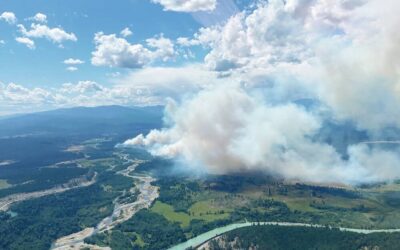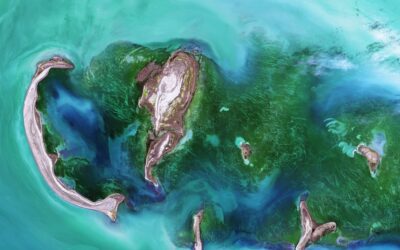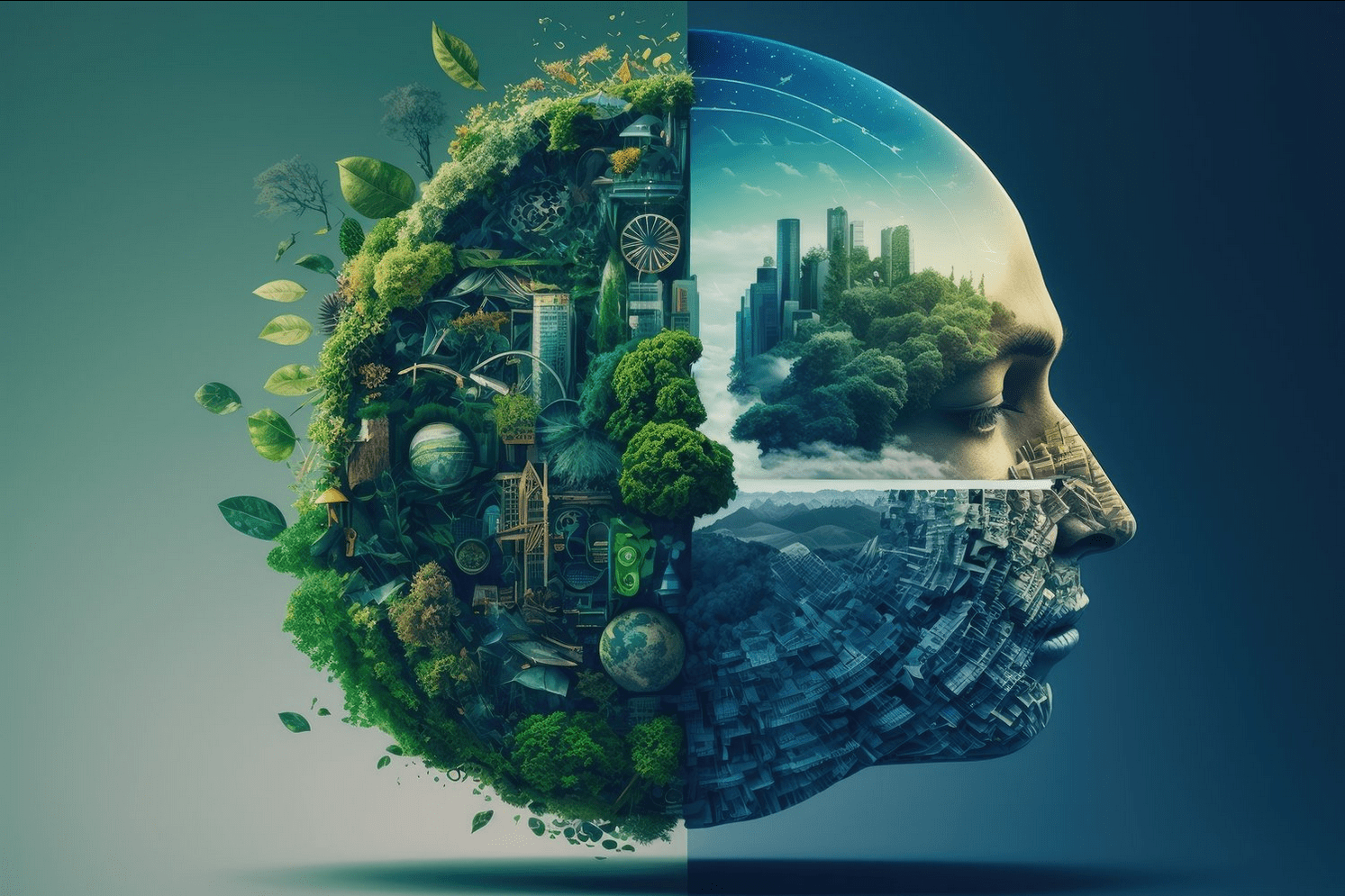by Janet Harvey in Invite Change.com ..Have you ever wondered about the intricate web of influences that shape your business? Are your leaders equipped with the necessary discernment and systemic thinking to navigate today’s complex landscape? In this blog, I uncover these interwoven and interconnected forces. Explore this critical topic and delve into the importance of preparedness in the face of these interconnected dynamics.
The AI age begins
by Peter Leyden in The Great Progression….The beginning of a step change in human capabilities as well as a new season of events and media coming out of ground zero San Francisco
Global collaboration of scientists needed to solve polycrisis
in Cambridge University Press….“Above all else, the polycrisis concept emphasises that crises interact with one another in highly consequential ways that are grossly underappreciated by academic and policymaking institutions that study those crises individually, in separate silos.”
Polycrisis in the anthropocene: An invitation to contributions and debates
by Michael Lawrence in Cambridge University Press…The popularity of the term polycrisis suggests a growing demand for new thinking
about the world’s intersecting crises, but loose and haphazard uses of the concept impede knowledge
generation. The special issue, “Polycrisis in the Anthropocene,” aims to close the gap.
7 Structural Shifts:
by Indy Johar in Dark Matter… Furthermore, it is also becoming increasingly apparent that as we shift away from our current material economy — a system that has generated abundance for some segments of society and scarcity for others — we are entering an era marked by greater scarcity. This transition could potentially lead us towards a novel concept of abundance. However, this journey is not without its challenges. As we begin to encounter the limitations inherent in our economies, particularly the rise of net-zero-sum scenarios, the risk of conflict and war further escalates.
Chartbook 262 crisis tribes – on Europe now
By Adam Tooze in Chartbook…Revisiting the politics of trauma in Europe’s election year
Disinformation poses an unprecedented threat in 2024 — and the U.S. is less ready than ever
by Brandy Zadrozny in NBC News…The U.S. presidential election comes at a time of ideal circumstances for disinformation and the people who spread it.
Western US seeing extreme weather ‘unprecedented’ in 500 years
by Robyn White in Newsweek…These hot temperatures have increased the soil moisture, which in turn has contributed to the severity and frequency of drought. The researchers have linked the notable increase in drought to human activities.
Has the “Polycrisis” overwhelmed us?
by Mark Leonard in Project Syndicate…Today’s global crises are not only competing for policymakers’ finite attention; they are increasingly feeding one another in unpredictable ways. Add the uncertainty around this year’s high-stakes elections in the United States and elsewhere, and you have a recipe for a Davos meeting defined by angst and paralysis.
The 100-Year extinction panic is back, right on schedule
by Tyler Austin Harper in The New York Times…Climate anxiety, of the sort expressed by that student, is driving new fields in psychology, experimental therapies and debates about what a recent New Yorker article called “the morality of having kids in a burning, drowning world.” Our public health infrastructure groans under the weight of a lingering pandemic while we are told to expect worse contagions to come. The near coup at OpenAI, which resulted at least in part from a dispute about whether artificial intelligence could soon threaten humanity with extinction, is only the latest example of our ballooning angst about technology overtaking us.






